Once an inmate and now an elder, Mi'kmaw sweat lodge keeper brings healing to prisoners
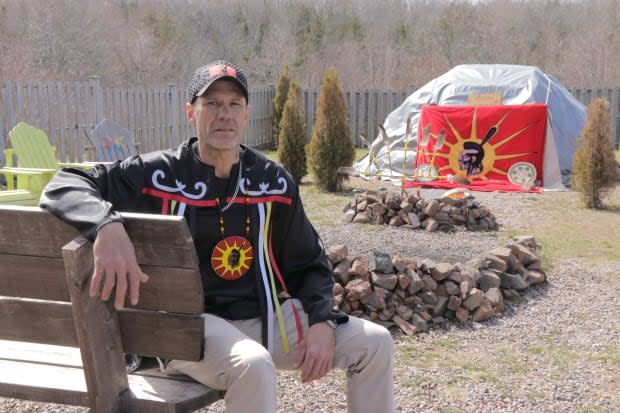
Three decades ago, Toby Condo was an inmate beginning a 15-year sentence at the Springhill Institution in northern Nova Scotia. Now, he works there as an Indigenous elder.
Condo, of the Millbrook First Nation in Nova Scotia, is a Mi'kmaw sweat lodge keeper who offers cultural and spiritual advice to inmates at the medium-security prison.
Using traditional ceremony and sacred medicine, Condo helps treat mental health struggles, trauma and addiction among Indigenous and non-Indigenous inmates.
He knows sweat lodges are the best way to overcome these obstacles because he said they saved his life.
"I overdosed so many times, and this ceremony gave me back my identity, made me proud to be who I was," Condo, 49, said in an interview.
He was approached five years ago and asked to bring sacred medicine and sweat lodges — a deeply spiritual ceremony integral to many Indigenous cultures — to the prison.
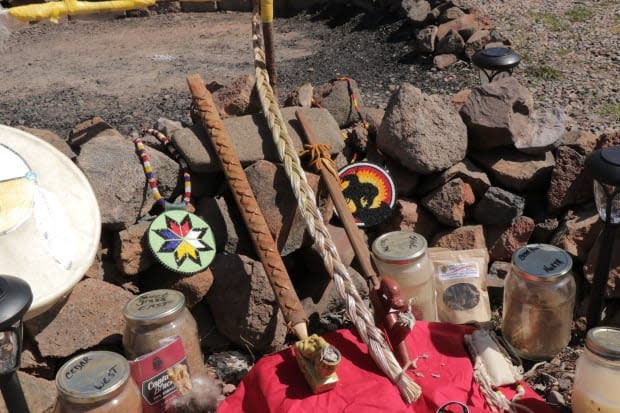
Condo usually leads sweats once a week on a dedicated site on the prison grounds. Before the COVID-19 pandemic, up to 25 men could participate in each ceremony. Since then, the number has been cut to five at a time.
He first experienced a sweat lodge while undergoing treatment for drug and alcohol addiction at a treatment centre on the Elsipogtog First Nation, about an hour north of Moncton, N.B., in the mid-2000s. He was on high doses of methadone and hadn't slept or eaten for days when he quit cold turkey, and began to pray.
Thanks to the sweat lodge, Condo said he's now been sober for over 10 years.
Inside the lodge
The sweat lodge takes place in a small curved structure made of branches covered with layers of blankets, fabric, or tarps.
The inside of the lodge is completely dark with a small pit in the centre. During the ceremony, heated lava rocks, called Grandfathers, are placed in the pit, and water is poured on top to heat the space as people pray, drum, and sing traditional songs.
"It represents the womb of Mother Earth," Condo said. "And when we go in there, we're her children."
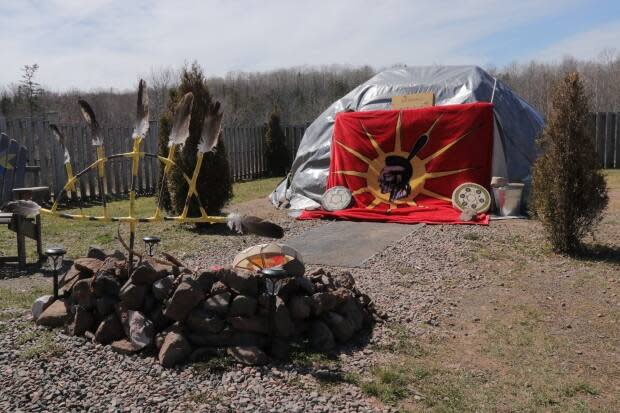
Condo believes whether a person is Indigenous or not, the sweat lodge can have profound effects on them. He said after a few sweats, many inmates report they are sleeping better and feeling less aggressive, and even the quietest men begin to pray out loud.
"Once they start doing the ceremony, they find their identity, they get a sense of pride of being who they are," he said.
"I find the sweat lodge is the best. I've done many of the programs, I can facilitate programs, I've done them all. But the sweat lodge is the one that works for everybody that I know."
Improving access to culturally relevant correctional programming and hiring more Indigenous staff are among the recommendations contained in the most recent report from federal correctional investigator Ivan Zinger.
His January 2020 report noted that Indigenous people continue to be overrepresented in the federal correctional system, making up around five per cent of the population in Canada, but surpassing 30 per cent of all inmates in the country's prisons.
Intergenerational healing
Corey Guy of Prince Albert, Sask., said he discovered his identity as an Indigenous person while incarcerated at the former Halifax Correctional Centre in the late 90s.
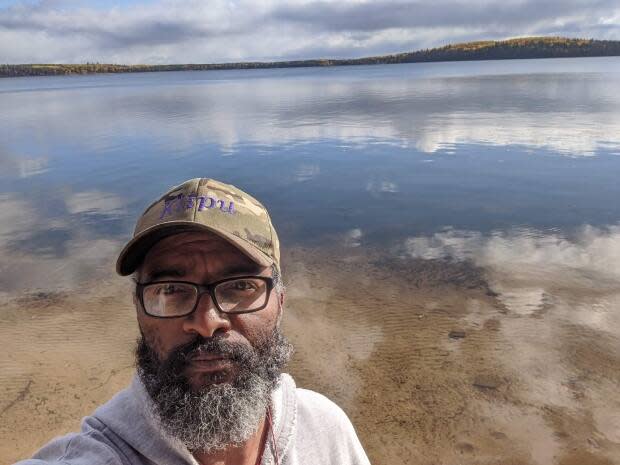
He said at the time, it was much harder to access Indigenous ceremony or medicine within the correctional system, but learning about traditional culture from others led him to participate in a four-day sweat ceremony when he was released.
"After those four days, 22 years later, I haven't had a drop of alcohol or any types of drugs in my system since. So that's the power of it," said Guy, now 46.
Since then, he has kept ceremony in his daily life living in Saskatchewan. He believes it is important to pass these teachings on to his daughter, and took her to her first sweat when she was just a year old.
"I think [these ceremonies] are going to break down some of the barriers that we have. We've got to kind of end that generational trauma," he said.
"That's the kind of thing that can be done with any kind of ceremony and prayer, learning the language, anything like that, learning songs. These all help break that cycle."
A last resort
Shane Ballard also used the sweat lodge to stop using drugs when nothing else worked.
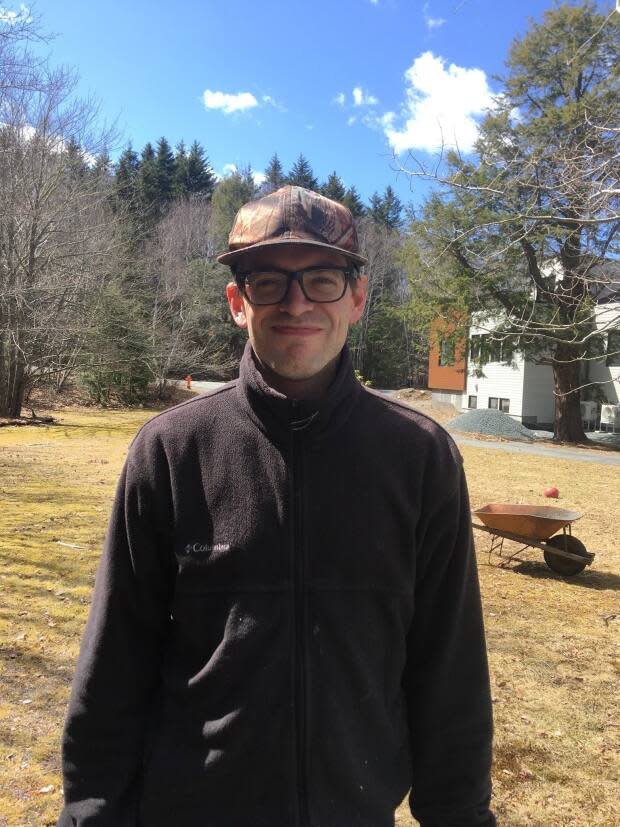
The Dartmouth, N.S., man had been using different drugs since his early teens, and had been in and out of many treatment programs.
When completing a one-year stint at Alcare Place, a long-term treatment centre in Halifax for young men with addictions, Ballard's counsellor brought him to his first sweat.
It was part of the Seven Sparks program for Indigenous inmates, started in 2009 by the Mi'kmaw Native Friendship Centre in Halifax. The program was led by the late Emmett Peters, an elder from the Paqtnkek Mi'kmaw Nation in Nova Scotia's Antigonish County.
As a non-Indigenous person, Ballard said he felt lucky to have the opportunity to be exposed to traditional ceremony.
He said the sweat lodge not only helped him abstain from drugs, but it helped him get through the challenges of transitioning out of his former life.
"Once you get out of that bubble of the treatment centre or the halfway house or the prison ... it's challenging," said Ballard, 38. "It's challenging to create a good and safe environment for yourself."
In honour of an elder
After finishing his addictions treatment at Alcare Place, Ballard attended a sweat lodge every week for a year.
He said getting training and finding a job was difficult at first, but Peters's teachings helped keep him on the right track, and he currently works as a continuing care assistant at Northwood long-term care home.
There was a time Ballard thought he would never be well enough to have kids, but he now has two children. He named his son Emmett in honour of the elder who had a profound impact on his life.
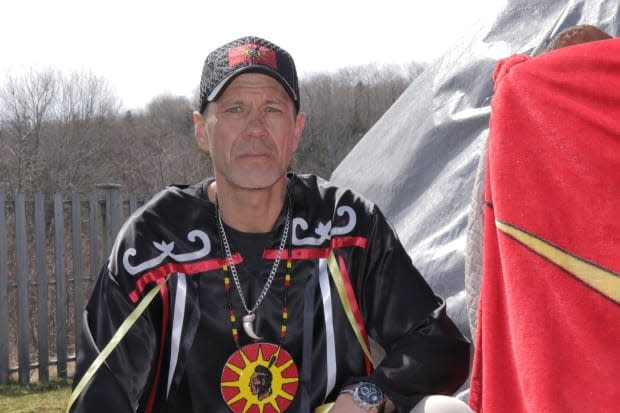
Condo said one of the best things about healing is if people can find their own courage and pride, they can then share it with others.
"All the wrongs that I did, I don't go back and dwell on it," he said. "I take all my wrongs and I wonder how I can show somebody else about my past and make them not have to do that wrong. Maybe save them five years of prison, maybe save them being hooked on OxyContin or heroin.
"Give them hope. That's what I'm about. I'm about hope."
MORE TOP STORIES

 Yahoo Finance
Yahoo Finance 